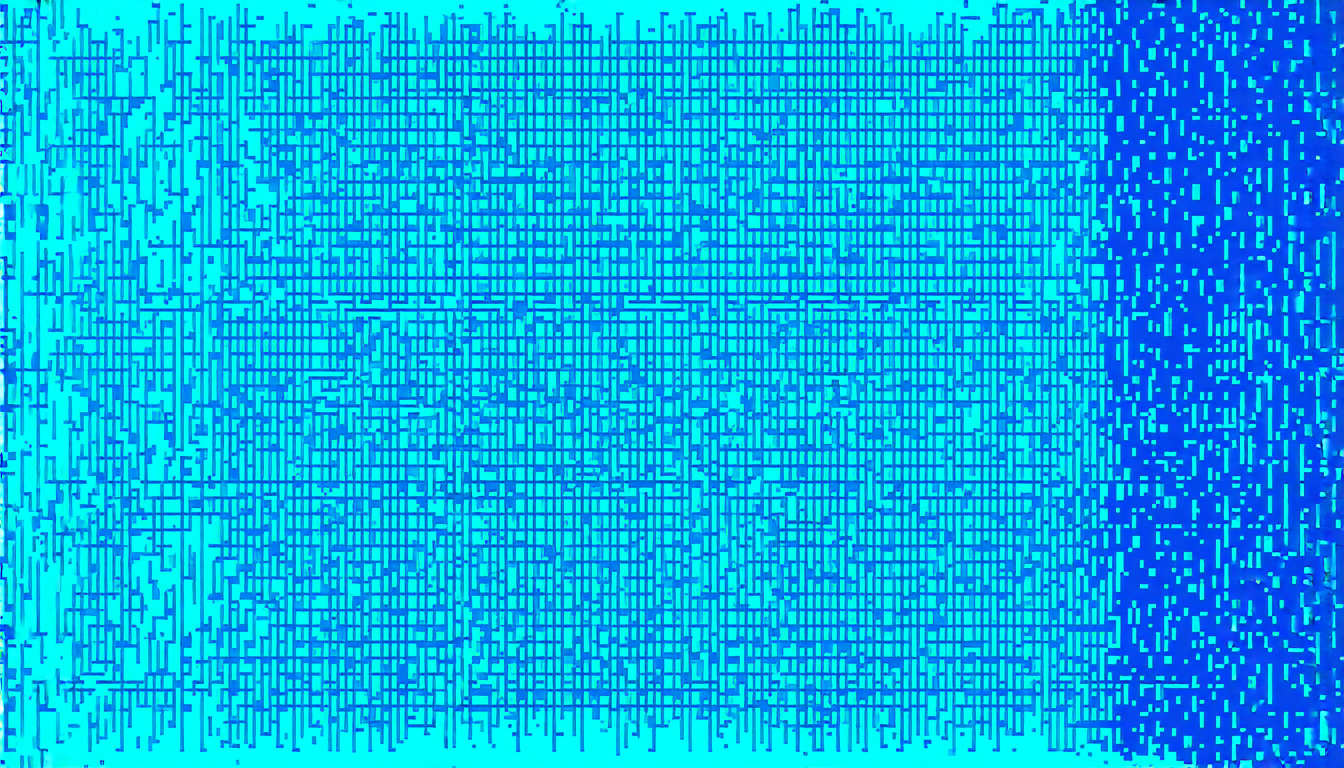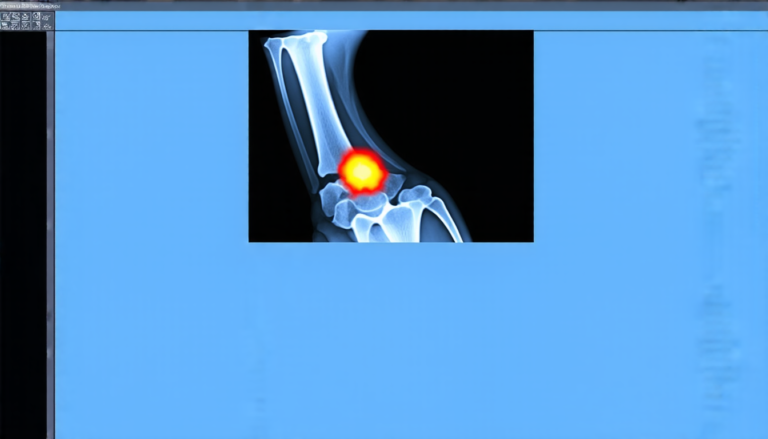Thursday 27 March 2025
The latest development in the field of low-discrepancy sequences has been a long time coming, and it’s a doozy. For those unfamiliar, these types of sequences are used to generate random numbers for all sorts of applications, from simulations to cryptography. The key challenge is creating sequences that are both efficient to generate and maintain a high level of randomness.
Enter the QMCPy package, a unified implementation of low-discrepancy point set generators, randomization routines, and fast kernel methods. This package promises to make life easier for researchers and developers alike by providing a single, comprehensive toolkit for generating these sequences.
The core idea behind QMCPy is to provide a flexible framework for creating and manipulating low-discrepancy sequences. The package includes a range of algorithms for generating these sequences, including lattices, digital nets, and Halton point sets. Each of these algorithms has its own strengths and weaknesses, and the package allows users to choose the one that best fits their specific needs.
But what really sets QMCPy apart is its focus on randomization routines. These are the secret sauce behind generating truly random numbers from low-discrepancy sequences. The package includes a range of randomization techniques, including random permutations, linear matrix scrambling, and nested uniform scrambling. This allows users to tailor their sequences to specific applications and requirements.
Fast kernel methods are another key component of QMCPy. These are used to speed up the computation of certain mathematical operations when working with low-discrepancy sequences. The package includes a range of fast kernel methods, including bit-reversed FFTs, bit-reversed IFTTs, and FWHTs. This makes it possible to perform complex calculations quickly and efficiently.
The implications of QMCPy are far-reaching. For researchers in fields like physics, engineering, and computer science, this package will make it easier to generate high-quality random numbers for simulations and modeling. In cryptography, QMCPy could be used to create more secure encryption algorithms. And for developers working on machine learning and artificial intelligence projects, this package provides a powerful tool for generating realistic data sets.
Of course, there are still many challenges ahead in the development of low-discrepancy sequences. But with QMCPy, researchers and developers now have a powerful toolkit at their disposal to tackle these challenges head-on.
Cite this article: “QMCPy: A Unified Toolkit for Low-Discrepancy Sequence Generation”, The Science Archive, 2025.
Low-Discrepancy Sequences, Random Numbers, Simulations, Cryptography, Machine Learning, Artificial Intelligence, Physics, Engineering, Computer Science, Kernel Methods







